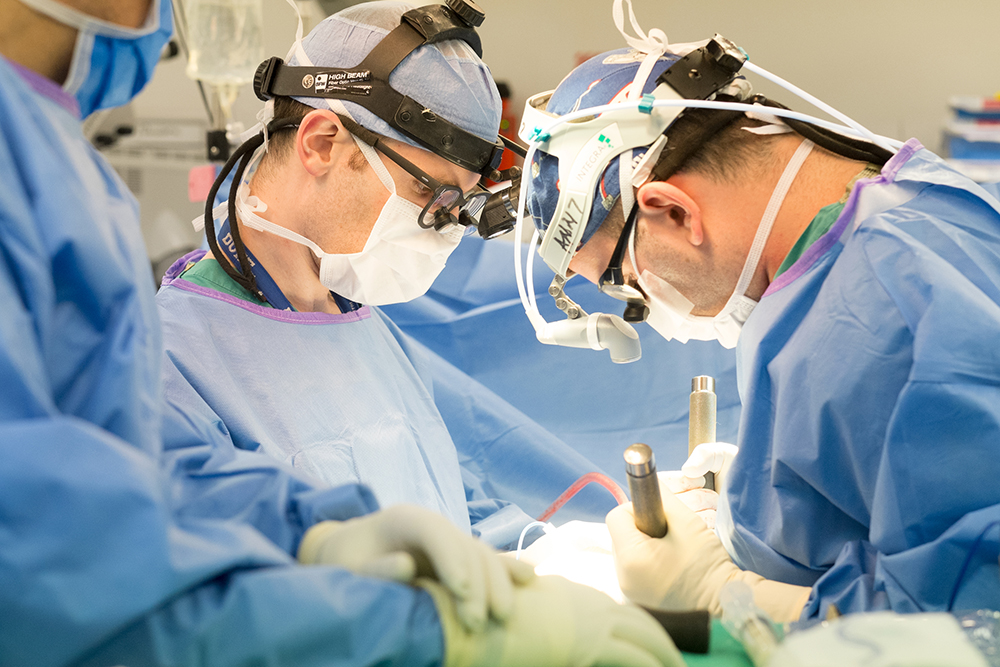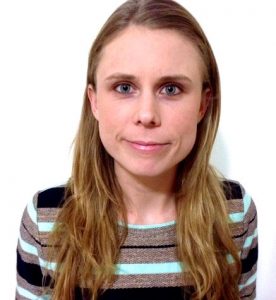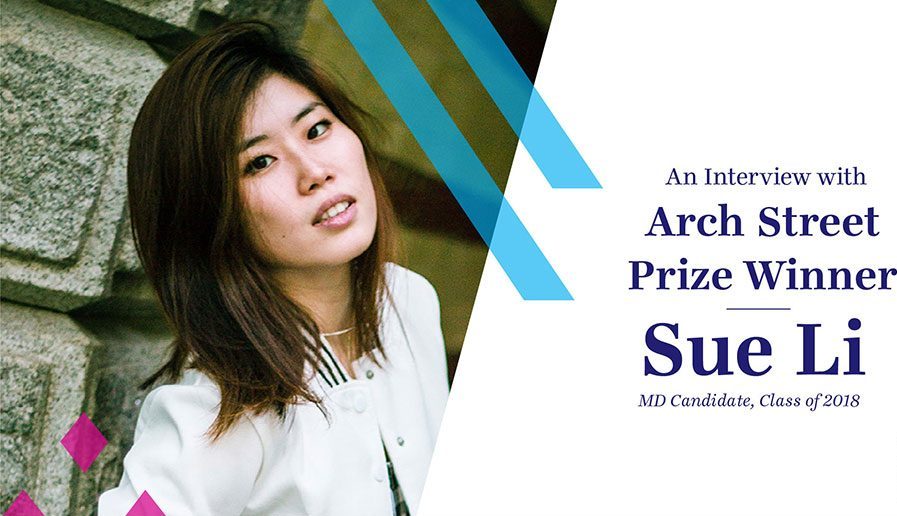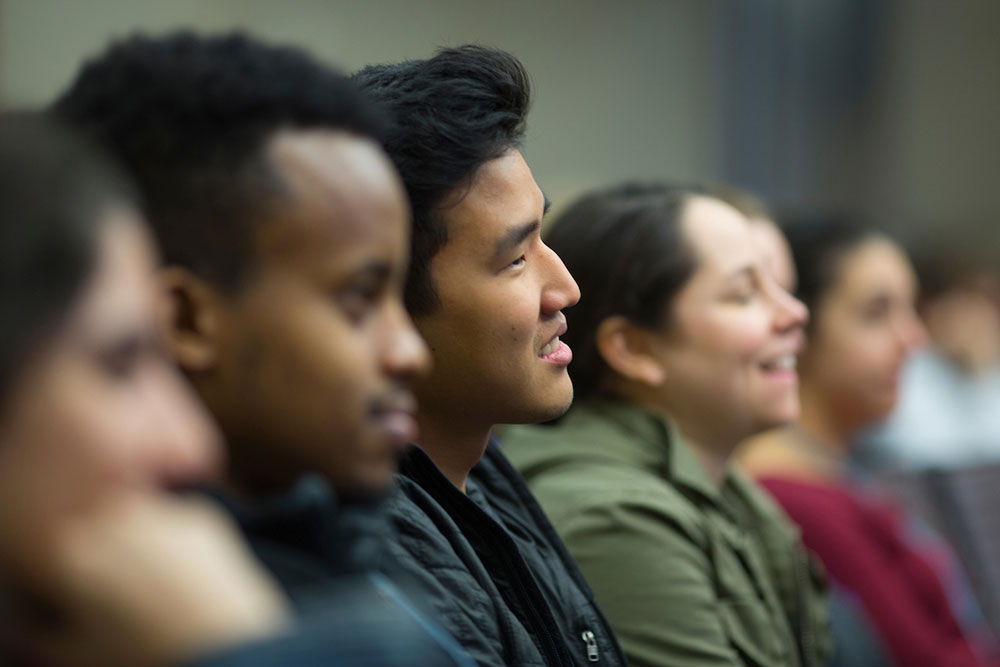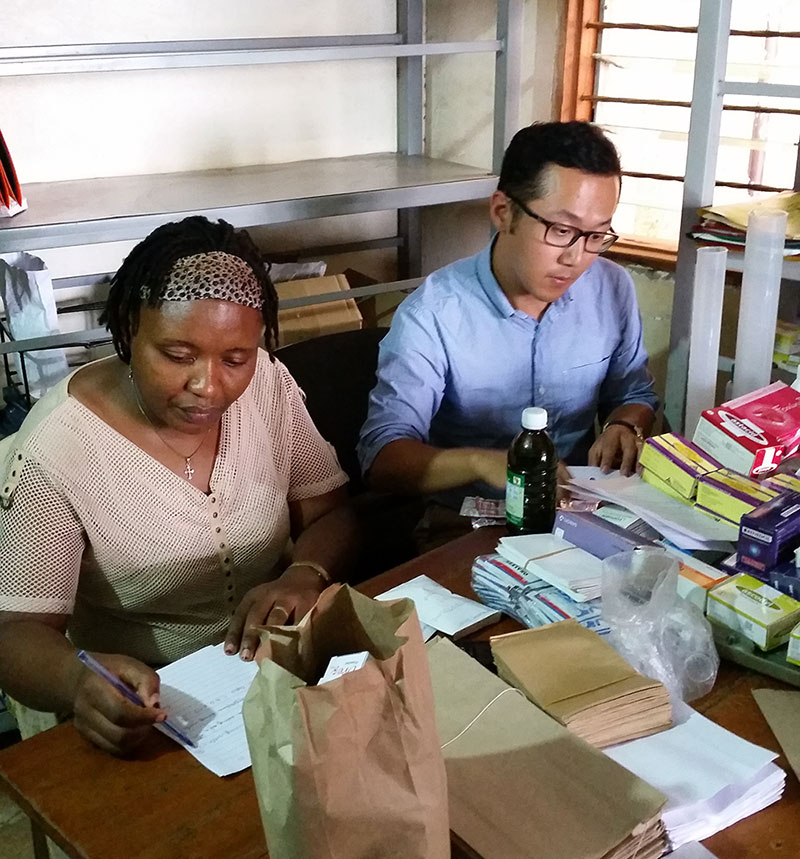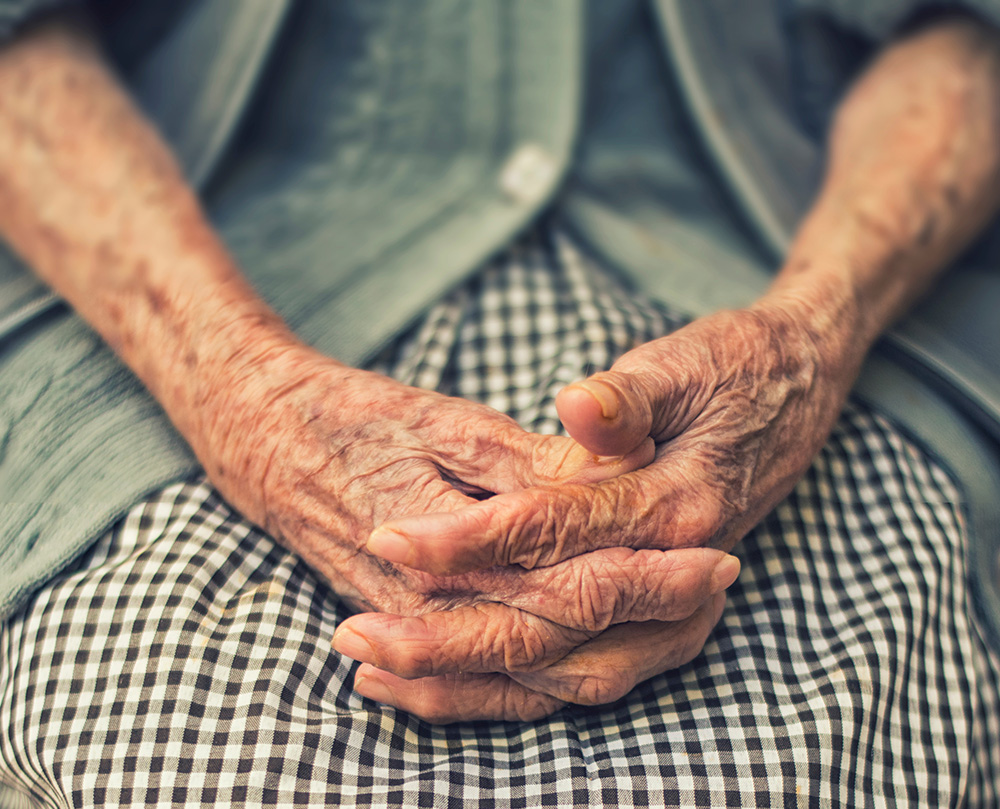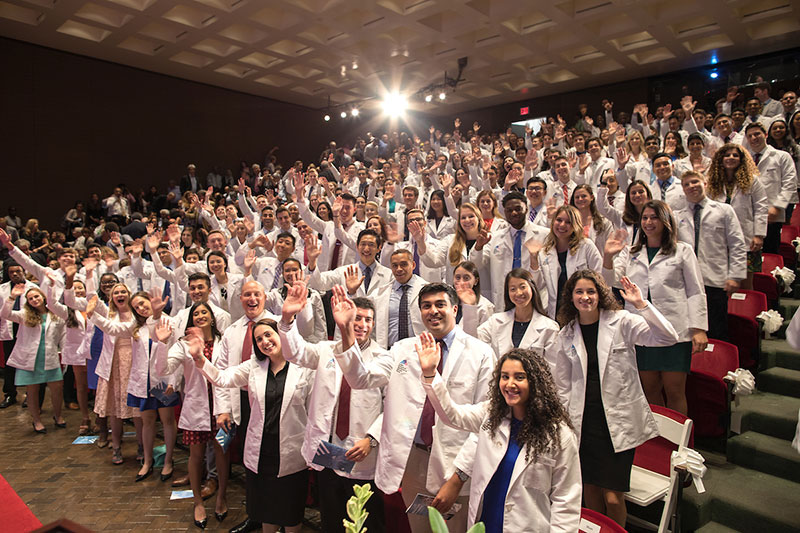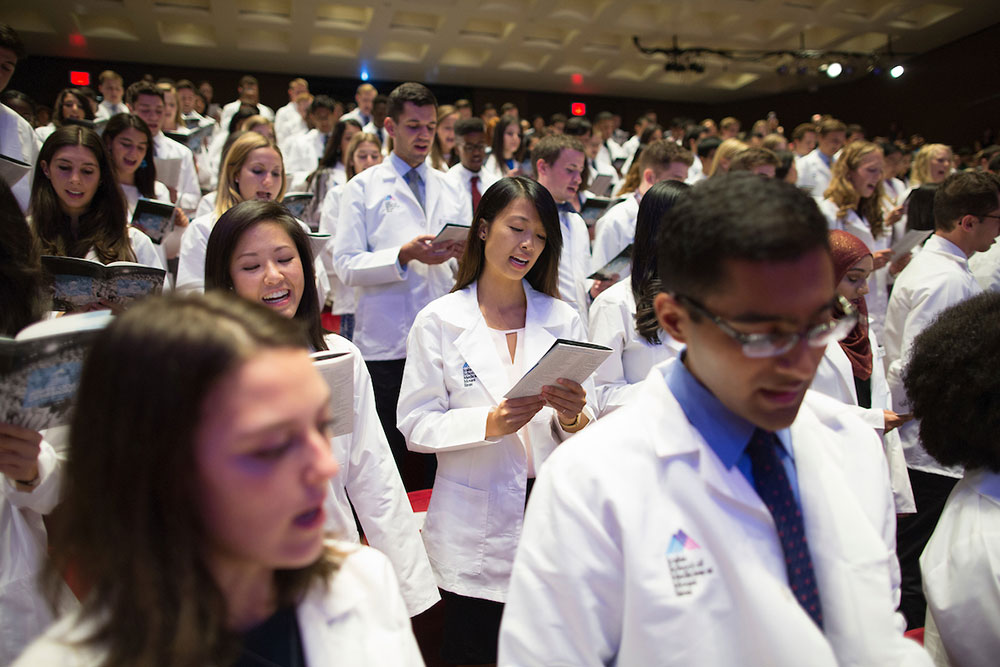Every year, students at the Icahn School of Medicine write Op-Ed articles about topics in health care and advocacy to culminate InFocus 4. Caitlyn Braschi’s article, “So How Do We Actually Die?” was one of the 10 exemplary articles selected to appear in the 2016 issue of Physicians as Advocates—InFocus 4. We share her story.
We stood around the patient as the circulating nurse called time out to administer the surgical safety checklist. A moment of silence was requested for the patient who would be losing her life that day. Or had she lost her life that day? I can’t remember how it was phrased, but her pacemaker was going, an anesthesiologist was on the case, and we needed her liver to be viable. Before I knew it, my bloodied hands were deep in a person’s abdominal cavity. The pressors started failing before the vessels were fully dissected, so there was a frantic push to preserve a blood pressure as the final cuts were made and cold perfusion was about to begin. Had we managed to keep her alive? The transplant fellow sliced open the right atrium. Exsanguination. To a second year medical student scrubbing in for the first time, cutting open the heart seemed like the antithesis of medicine. If the patient was alive before, she was certainly not now.
The leading cause of death in the US is heart disease followed by cancer. Since the beginning of medical school, we have studied the pathophysiology of a multitude of disease processes and learned which carry the highest mortality rates. Yet no instructor has walked us through the pathophysiology of dying. Preclinical years are meant to prepare us for the wards, for the responsibility of having real patients. But real patients die, and about a third of them die in hospitals. Yet, nearly a quarter of graduating medical students feel that their schools provided inadequate education about death and dying. We will not be equipped to educate, counsel and support our patients and their families without a fundamental understanding of the dying process.
How is it that cancer patients ultimately succumb to their diseases? I would imagine lung cancer and ovarian cancer manifest differently in the final days. Or do they? And what do I tell my future Alzheimer’s patient and her family about the sixth leading cause of death in the US? What should they expect in the last months and days?
Perhaps our professors of medicine did not have these discussions early in their medical training. After all, it has only been in the last fifteen years that there has been a push to include end of life care in the standard medical school curriculum. And recognition and acceptance of palliative care has seen significant gains just in the last decade.
Maybe medical educators are not immune to the difficulties of facing mortality that haunt most people at some point in their lives. Is death too personal, too frightening to discuss?
Could it be that it doesn’t matter? We treat the disease; we don’t treat the dying process.
I think that it does matter. It matters to patients with terminal illness who want to maintain a certain quality of life. I know that it matters to family members who wonder if their loved one has given up when he stops eating, or if he’s tortured by thirst in his final days. I know that it matters to daughters who want to know if their fathers can hear their ‘I love you’s’.
As physicians we are tasked with the responsibility to save lives. Patients’ lives are in our hands but so are their deaths. As we closed the abdomen of the patient that day, I glanced over at the collection canisters that were overfilled with her blood. Yet there was her liver in bucket on ice, ready to be rushed across town to save someone else’s life. So how do we actually die? Please explain.
When asked about writing “So How Do We Actually Die?” for InFocus 4, Caitlyn says:
The exercise of writing an op-ed in InFocus 4 was a chance to reflect critically on my experience with the healthcare system and medical education since coming to medical school. It provided a needed opportunity to consider how I would like to see patient care improve and to remember what drove me to practice medicine. Finally, it was an important reminder that as physicians our voices will be privileged in society and media, and that warrants a careful consideration of when and how we should speak up.
Caitlyn Braschi is a third-year medical student at the Icahn School of Medicine at Mount Sinai. She is interested in research and advocacy projects that work to promote health equity and improve access to care.

